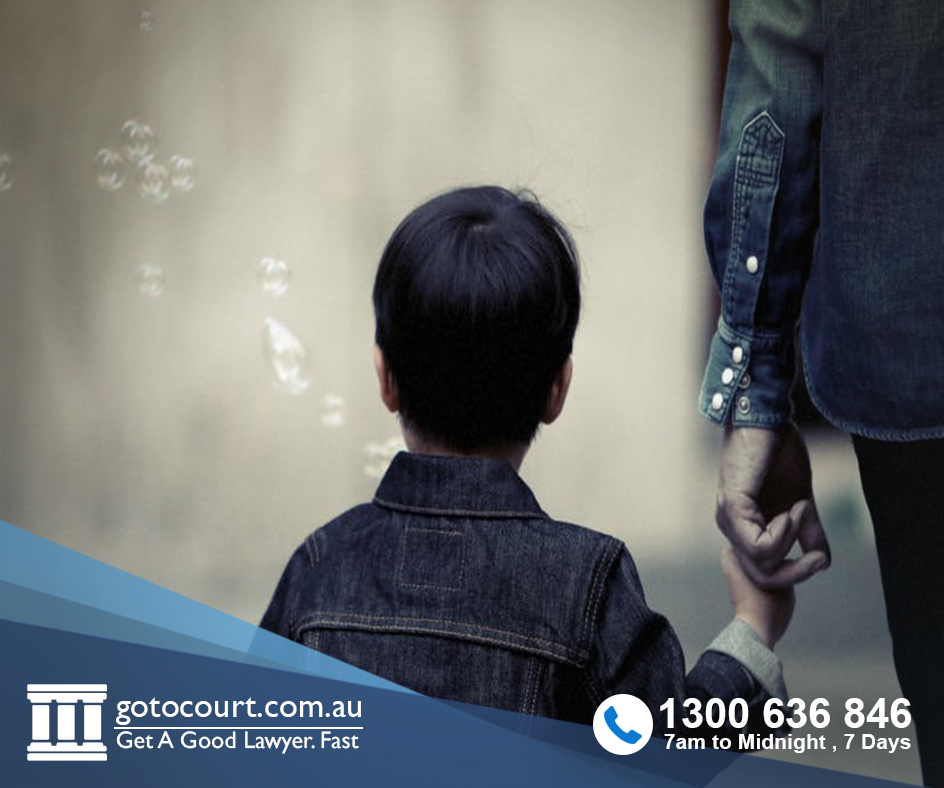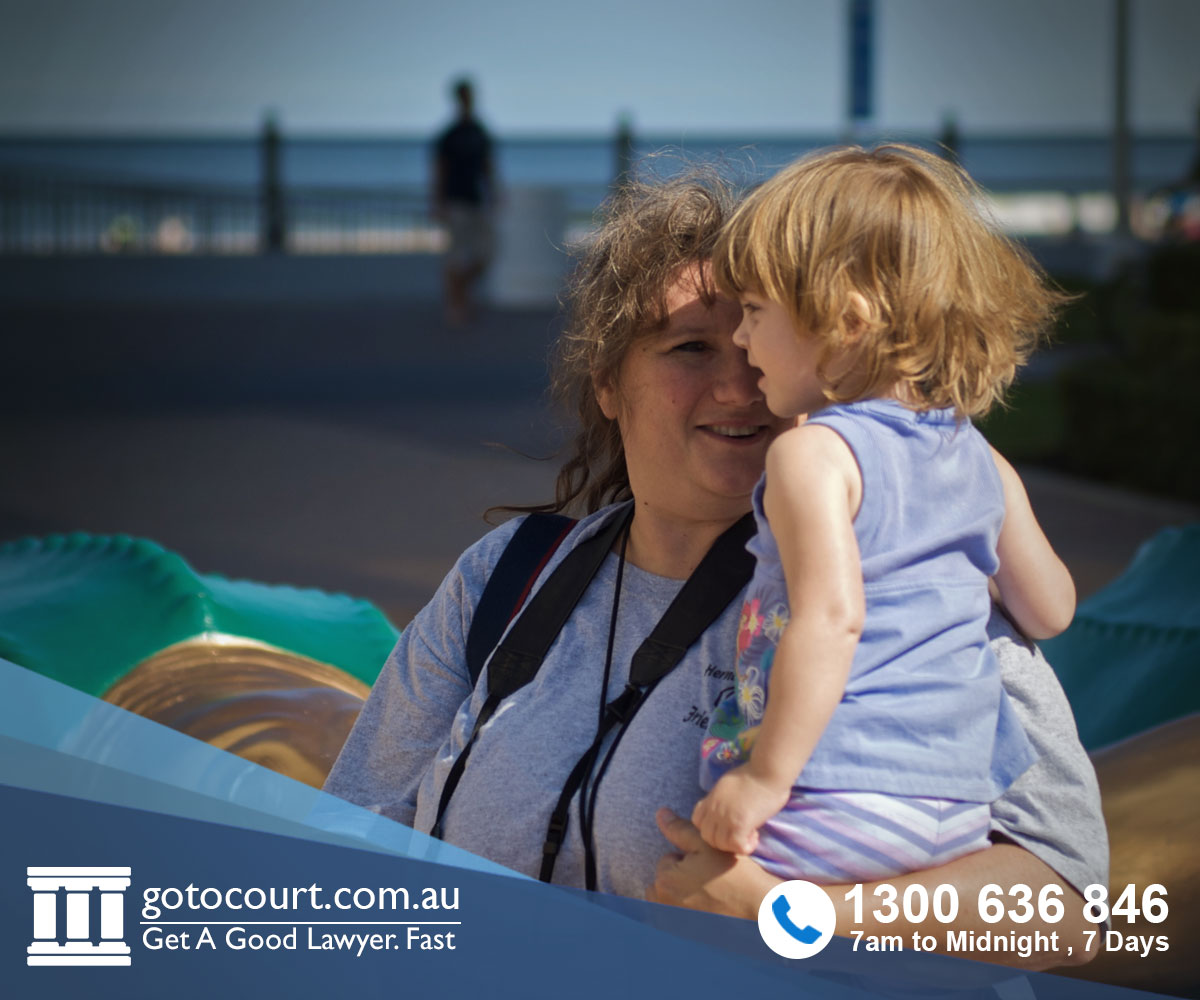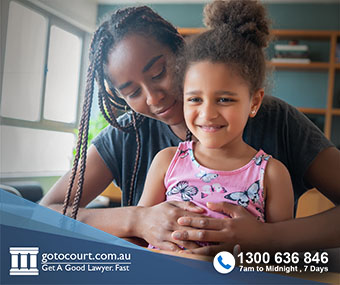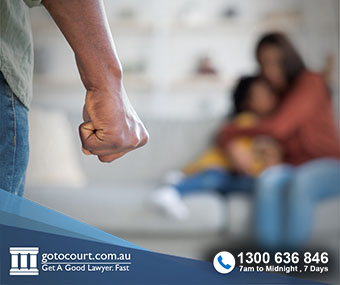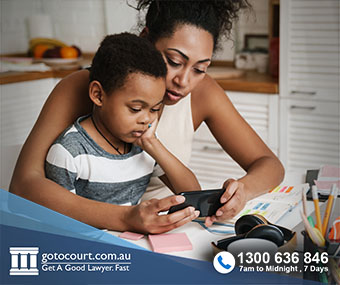Call our lawyers
now
or,
have our lawyers
call you
Parenting Orders: How to Get ‘Custody’ of Children
Updated on Nov 14, 2022 • 5 min read • 542 views • Copy Link
Parenting Orders: How to Get ‘Custody’ of Children
The process for formalising arrangements for custody of children after parents have separated can be difficult and confusing. It is important that proper arrangements are made for the care of children and that the arrangements promote the children’s best interests. GTC Lawyers can provide information and advice about ‘live with’ and ‘spend time’ arrangements for children after a separation, especially in circumstances where parents or carers cannot reach an agreement. GTC Lawyers can also help with formalizing an agreement as Parenting Orders to provide ease of mind and legal enforceability.
What is ‘custody’?
The term ‘custody’ is considered outdated. You may now hear the term ‘parental responsibility’, which refers to all powers in relation to making long-term decisions as to a child’s upbringing, religion and education. This power also includes making any decisions about major medical procedures and treatments and applying for a passport or visa for the children. Until a child reaches the age of 18, it is presumed that both parents have equal shared parental responsibility, which means that both parents are to jointly make decisions about long-term issues for the child.
The parent with whom the child is living has the sole decision-making power for matters that are not about the children’s long-term welfare unless there is an agreement stating otherwise. For example, the person a child lives with may decide what activities to do with the child whilst the child is in their care.
What are ‘live with’ and ‘spend time with’ arrangements?
Equal shared parental responsibility does not mean that the child should live with both parents or spend time with both parents equally. The issues of where children live and who they spend time with are usually referred to as ‘live with’ or ‘spend time with’ arrangements.
There is no presumption that parents should have equal time with the children, however a court must consider whether equal time is appropriate if Parenting Orders are made for equal shared parental responsibility. If equal time is not appropriate, then a court must consider ‘substantial and significant time’ which is legislated to mean weekend time and week time.
When considering what ‘time’ arrangements should be in place, what is ‘reasonably practicable’ is also a consideration. A child has the right to have a meaningful relationship with both parents which includes a right to spend time with both parents when this is reasonably practicable in the circumstances. Courts will not order children to spend time with a parent where it is not reasonably practicable for them to do so. For example, if one parent lives a significant distance away from the child’s school it would not be reasonable for the child to spend overnight time with that parent on school nights.
How are ‘live with’ and ‘spend time’ arrangements decided?
The following should be considered in determining the children’s living arrangements and how much time they should spend with each parent:
- The age and maturity of the children;
- The involvement of each parent with the child;
- The relationship of the child with each parent;
- The ability for each parent to provide for the child’s needs;
- The child’s wishes and wants;
- The child’s culture; and
- Any issues relating to child abuse and/or family violence.
How do I formalize the arrangement as Parenting Orders?
Once a family breakdown or separation has occurred, it is recommended that parents consult with separate lawyers who specialise in Family Law. Lawyers can assist with providing advice around formalising an agreement. If an agreement is reached about the living and care arrangements of a child, this can be drafted as a Parenting Plan or filed with the court as Consent Orders.
A Parenting Plan is a signed agreement between parents. It is not enforceable but may be used as evidence of what the parties agreed if the matter ends up in court in the future. Consent Orders are Parenting Orders, which are signed by a judge or registrar and which are binding and enforceable.
What if we cannot agree?
If an agreement cannot be not reached between parties, a GTC Lawyer can assist you with applying for and attending a mediation conference. If parents are still unable to reach an agreement, whether this be on all or some issues, a GTC Lawyer can draft and file an Application for Parenting Orders with the court. This option should only be used if all other avenues have been attempted or deemed inappropriate. In this Application, a parent may seek Orders for parental responsibility, spend time with, and other specific issues such as restrictions. The Application will be filed together with an affidavit setting out the party’s evidence.
Before applying to a Court for a judicial determination, parties must attend Family Dispute Resolution and obtain a certificate to show that they have done so unless there is a specific reason why dispute resolution is inappropriate in the circumstances.
If your matter goes to court, the court will take into account a range of factors and considerations set out in the Family Law Act 1975. The Act ensures that when the Court is making a Parenting Order, it has regard to the best interests of the child as the paramount consideration.
If you need legal advice about a Family Law matter or any other legal matter, please contact Go To Court Lawyers.

Affordable Lawyers
Our Go To Court Lawyers will assist you in all areas of law. We specialise in providing legal advice urgently – at the time when you need it most. If you need a lawyer right now, today, we can help you – no matter where you are in Australia.How It Works







1. You speak directly to a lawyer
When you call the Go To Court Legal Hotline, you will be connected directly to a lawyer, every time.


2. Get your legal situation assessed
We determine the best way forward in your legal matter, free of charge. If you want to go ahead and book a face-to-face appointment, we will connect you with a specialist in your local area.


3. We arrange everything as needed
If you want to go ahead and book a fact-to-face appointment, we will connect you with a specialist in your local area no matter where you are and even at very short notice.

